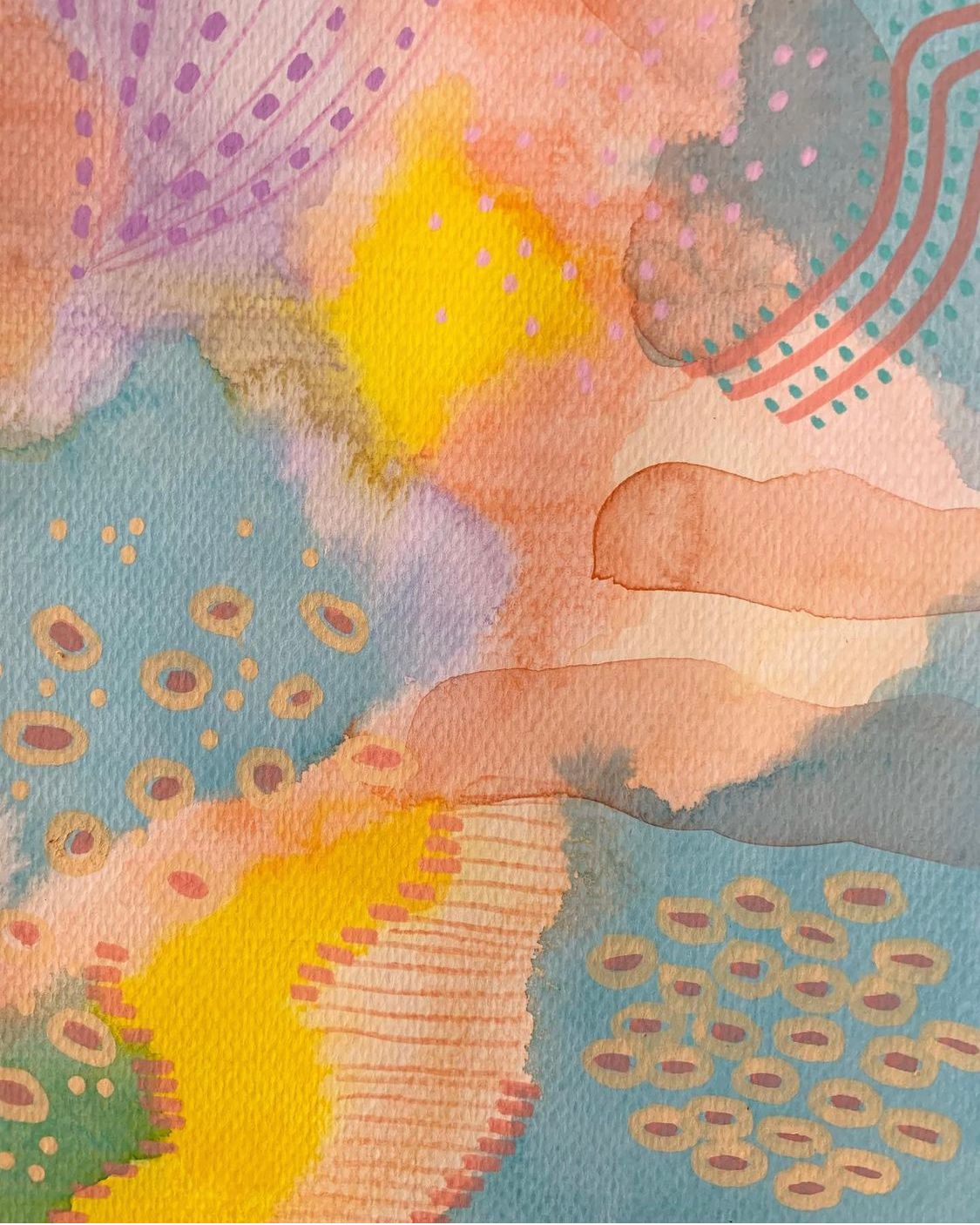This week two curious situations happened to me, caused by this infinite pandemic. In the first of them, I was looking at profile photos of an acquaintance I really like. It's been about a year since I met her and we've met several times. I started to have great affection for her, a gratuitous affinity, one of those who show themselves quickly. I was looking at her photos, of handicrafts, of her son and suddenly I came across older photos in which she appeared smiling. That's when I realized that I had never seen his smile! And it was a genuine smile, one of those wide smiles, full of teeth and affection.
She smiled there, without a mask, with her face free, completely showing this singular configuration, the way the eyes, nose and mouth are distributed on the face, in each person. But what really jumped out was his smile. That moved me and hurt me. If it weren't for the old photos of your profile, when would I come to know your smile?
The second situation was also promoted by these accessories that we have been using for more than two years. I participated in a video meeting and as soon as I joined the call, I saw that I did not know the person who had organized it, neither the name nor physically. I wondered who she was, what she was doing in that meeting. Once I started, I realized that I was the person I have been meeting every day of the week for about three weeks, but that I had only seen him wearing a mask and that, on the call, he was not wearing a mask and was using his first name, which I did not know. This caused me deep strangeness. I felt that her face, this time seen in its entirety, was not the one I had unknowingly imagined, or drawn in my head for her. She was another.
These two situations, which provoked different feelings and sensations in me, reminded me of Freud's text, so extensively discussed, "The Stranger", which already has several translations. The unsettling, the unfamiliar, the uncomfortable, and so on. Perhaps due to this difficulty in finding a translation that effectively accounts for the term, the original word used by Freud in German is commonly remembered, Unheimlich . Among the translations, I particularly like "The Stranger", present in the old Brazilian Standard Edition of Freud's work.
The strange reminds me of the play "The Bald Singer", by Ionesco, from the Theater of the Absurd. In one of the scenes, on a train, a woman and a man talk, gradually identifying several coincidences between them; the city where they live, the train car they took, the house where they live, etc. To which they exclaim repeatedly and monotonously: "How curious! How strange!". At the end of the scene, the couple, who seemed strange to each other, realize that they are effectively a couple, husband and wife.
I believe that this scene from Ionesco, absurd and ironic, represents well much of what Freud brings in his essay; the familiar seen as strange, the stranger who is so familiar. The term itself in German brings this ambiguity in its meaning, something simultaneously strange and familiar, intimate.
One of the things I like most about Freud's text is a footnote in which he recounts a personal experience of the "stranger", which coincidentally also occurs on a train. I transcribe the respective note below:
I was sitting alone in my compartment in the sleeper-car, when a jolt from the train, more violent than usual, caused the door of the adjoining toilet to turn, and an old man in a dressing gown and travelling cap entered. I assumed that when I left the toilet, which was between the two compartments, I had taken the wrong direction and entered my compartment by mistake. Standing up with the intention of making him see the mistake, I immediately understood, to my astonishment, that the intruder was nothing but my own reflection in the mirror of the open door. I still remember that I totally disliked his appearance ( p. 265, Standard Edition ).
Who is this who looks at me in the mirror? Or as I asked on the video call, who is this strange person present in this small meeting? The use of masks in the pandemic stole smiles from us, promoting an experience of the strange, making what is familiar foreign. The so-called "known" reveals itself to be another, displacing us and putting us in a kind of vertigo in which we seem to no longer know who we are talking to.





